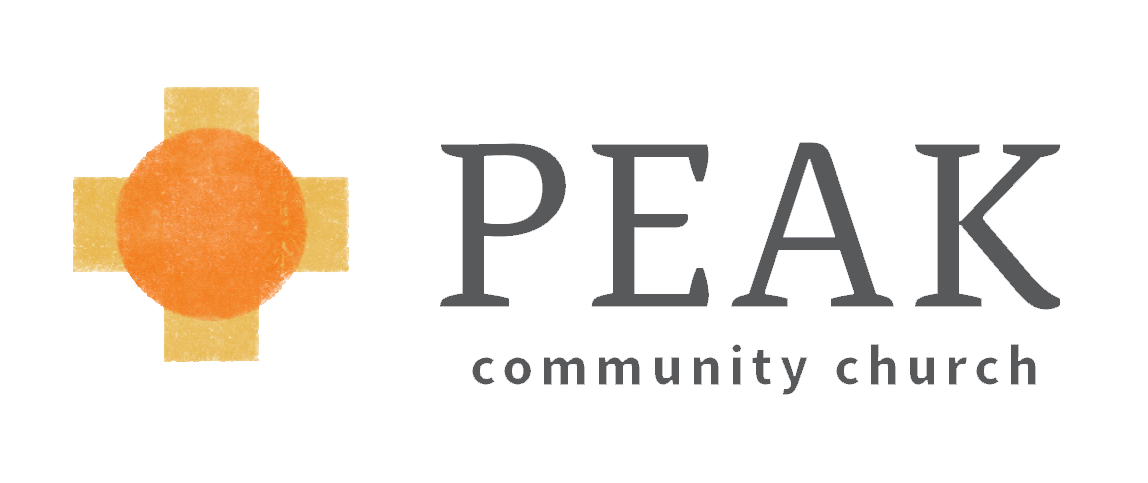Stop reading this way. (Photo by Thomas Park on Unsplash)
When we think of disciplines, we think of the word “ought.”
Scripture is a perfect example. It’s a pleasure to read it. It’s full of well worn phrases, and surprises us our entire lives. But we often think of reading the Bible as an “ought,” a daily multi-vitamin, something we do merely because someone said it would be good for us. As a result we miss the joy of it, and end up reading it sparingly. I can think of three reasons why we think this way. By reflecting on these I hope to help us move a bit further from “ought” to “may.”
As a teenager I was interested in the Bible, but confused by it. My church used an old translation, which means the English was archaic, like what you might find in a Shakespearean play. And so I found the Bible inaccessible. During one summer, working at a camp with Bible teaching, I was introduced to better translations. I sat down one afternoon to read the book of Acts, and I couldn’t put it down. It was just too interesting—a genuine page-turner. Something similar happened when I read Joseph’s story in Genesis.
So I needed a decent translation, which is to say, any translation produced in the last 100 years, which is to say any accessible translation that is not the King James Version. But more than that I needed to read the Bible like I would read anything, like I might read a biography, or a poem, or a letter. When I did, I discovered first of all that I liked it. It was enjoyable—not every sentence, but a fair amount of it was genuinely pleasurable to read. This is, I think, an indispensable starting point for reading the Bible. Find a part you like, and go from there.
The second barrier I had to scripture reading was my own confusion. My reading produced a headful of questions, and virtually none of them were answered by teachers. So I imagined there was some key to understanding the Bible that I was missing. I put down scripture reading and simply paid attention to teachers, most of them pretty boring. But eventually I noticed some of my questions were being asked by others. I wasn’t the only one wondering why the first Christians shared all their belongings, or how light was created on day one of creation, but the sun on day four. I realized my weird thoughts about the Bible weren’t so weird.
The Bible is a collection of very old books spanning several thousand years. It’s bound to contain head-scratchers. The good news is that people like you—curious and inquisitive people—have been reading it for several thousand years, and so a lot of our questions have been asked before. There are some pretty good responses out there, along with even more questions, which I think just makes the whole thing more and more interesting.
A third barrier I faced—one of the greatest for many—is captured in the word genre. Genre refers to type, or kind. Not every book of the Bible is written in the same genre. Psalms are poetry and song. Paul writes letters. 1 and 2 Chronicles are exactly that—chronicles, history. I found it difficult to understand the Bible when I thought that every verse was a devotional message for my heart. Sometimes the Bible just wants to say what happened in 597 BC. Genesis 1 is a hymn of praise. A gospel is biography. A letter is … a letter, written to a particular community in a particular situation.
The Bible’s gifts are many. A source for our devotions is one of them. But making every verse a special message to me is like using a chicken to loosen a bolt. When we begin with genre, we let the scripture say what it wants to say in the time it wants to say it—which turns out to be far more interesting, devotional, and life giving.
Removing these three barriers is only the beginning. More questions arise. But the key is to get us reading, not because we ought to, but because it’s a joy.



